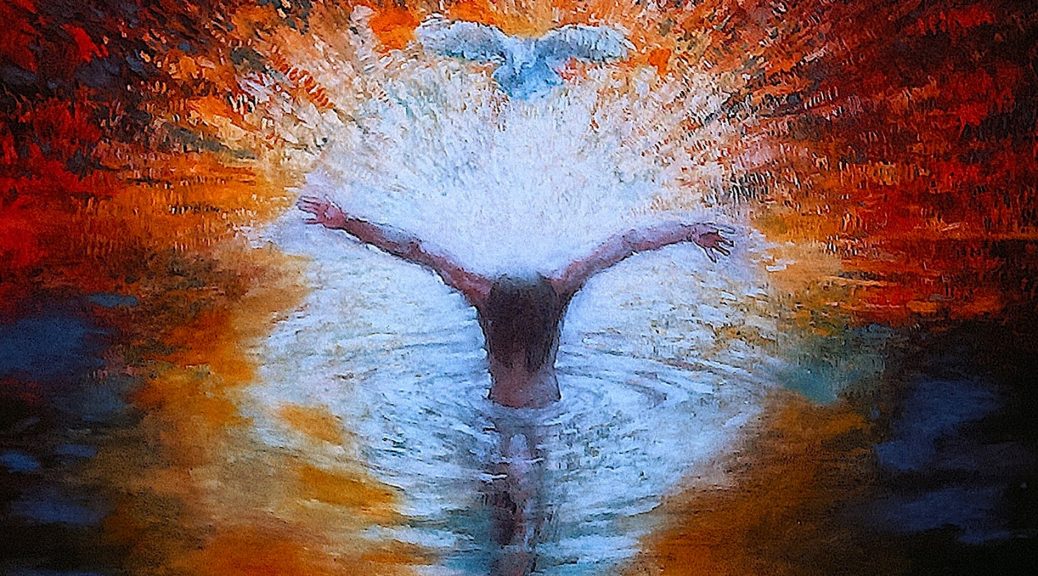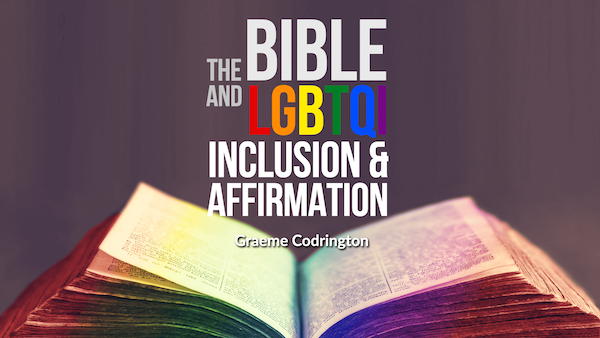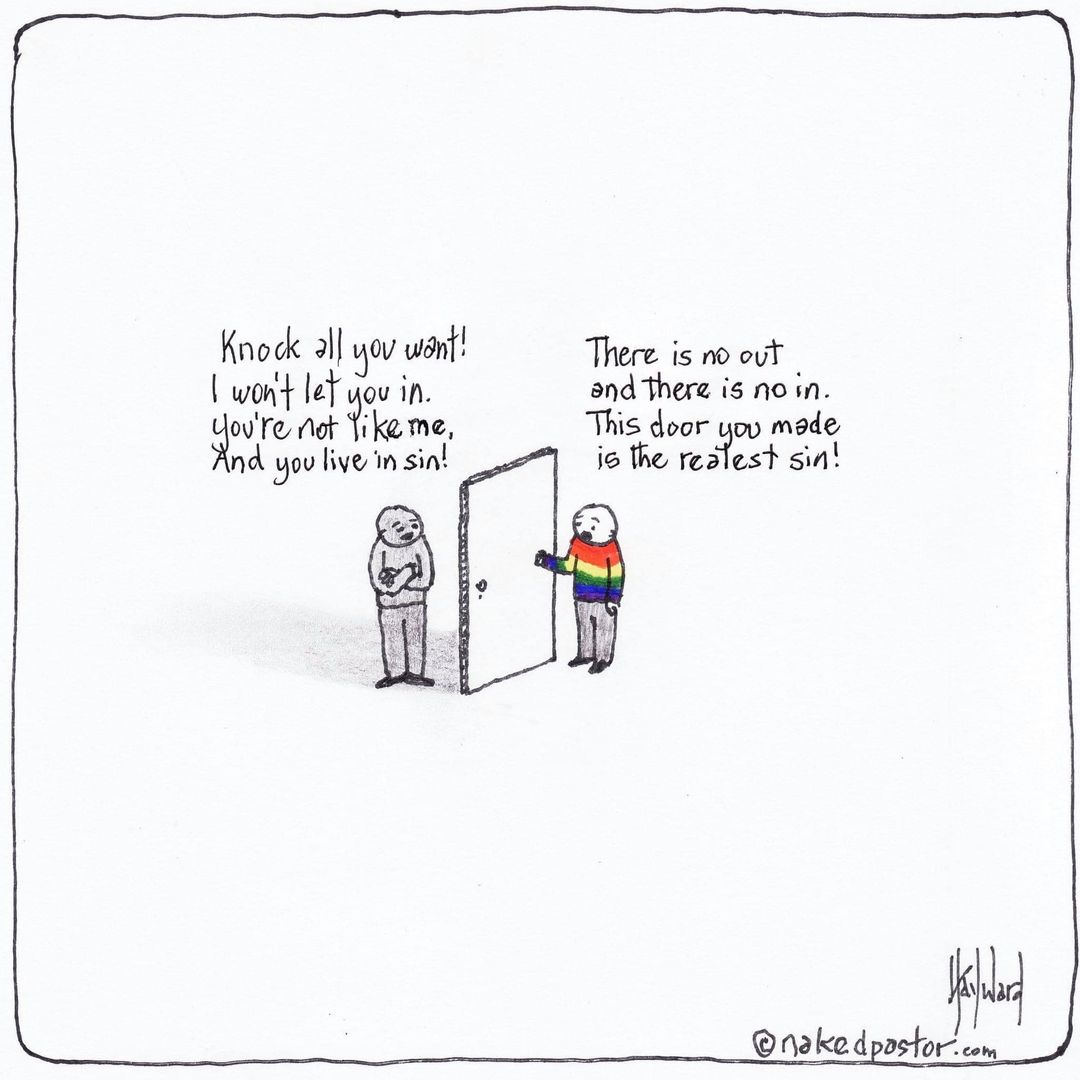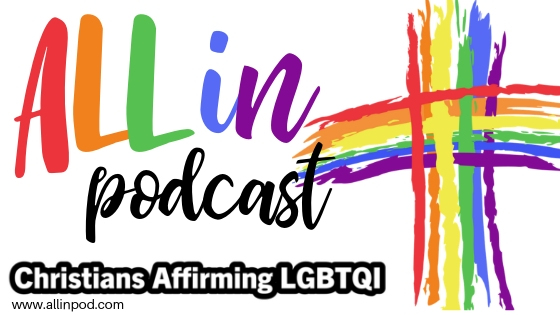It’s been two years since we ended Season 1 of the AllIn pod: twenty episodes that looked at how we can apply a conservative evangelical approach to Biblical interpretation and see that the so-called “clobber verses” against LGBTQI inclusion are not what we were taught they were. Season 2 of ALLIn was intended to be a return to the Scriptures to look at the positive, affirming verses that we find there. I think I may now only do that as Season 3.
The episode is available here, or on your podcast player of choice:
In this episode of ALLIn, I explain why it is probably a fools errand to try and convince conservative evangelicals to change their view of Scriptures about LGBTQI people. Instead, I think we need to invite them to a new stage of their faith development, and using the Bible as a weapon, dissecting verses and parsing verbs, is not going to get that job done.
Listen to this episode, and let me know if you agree with the four stages of faith outlined: moving from Simplicity to Complexity, then deconstructing to Perplexity and ultimately resolving to Harmony. Brian McLaren might have the best work on these four stages in his book, “Faith After Doubt”. Listen to his discussion with Pete Enns and Jaryd Bayis on “The Bible for Normal People” here: https://thebiblefornormalpeople.com/episode-174-brian-mclaren-the-four-stages-of-faith/.







